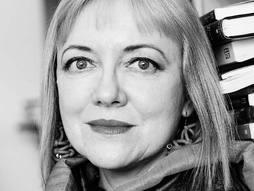Sociologist and philosopher Renata Salecl scrutinizes our individual and societal neuroses, and suggests ways out of our current paralysis.
Why you should listen
Why are we the way we are, as individuals and as larger societies? In her relentless effort to answer this question, theorist Renata Salecl mines law, sociology, criminology, philosophy, and psychoanalysis to arrive at some unsettling conclusions.
Salecl—who researches and teaches at universities in her native Slovenia, in New York, and in London—argues that the modern, capitalism-driven imperative to become masters of our own lives leads to personal and social paralysis. We are obsessed with the impossible ideal of perfection and with others’ regard for us to a point that's politically de-mobilizing: obsessed with the idea of personal betterment, we ignore social change. Constant anxiety, kept alive in more-or-less conscious ways by the political system and by the media, further numbs our social criticism. Many people opt to tune out and live in denial. These themes form the core of Salecl's most recent books, The Tyranny of Choice and On Anxiety.
What others say
“Salecl is the author of Choice, a concise yet deeply insightful new read on the complexity of the human capacity to choose, drawing on everything from philosophy to pop culture to psychology to online dating.” — Brain Pickings

